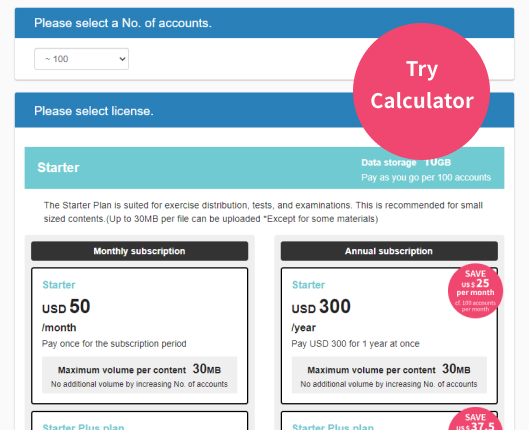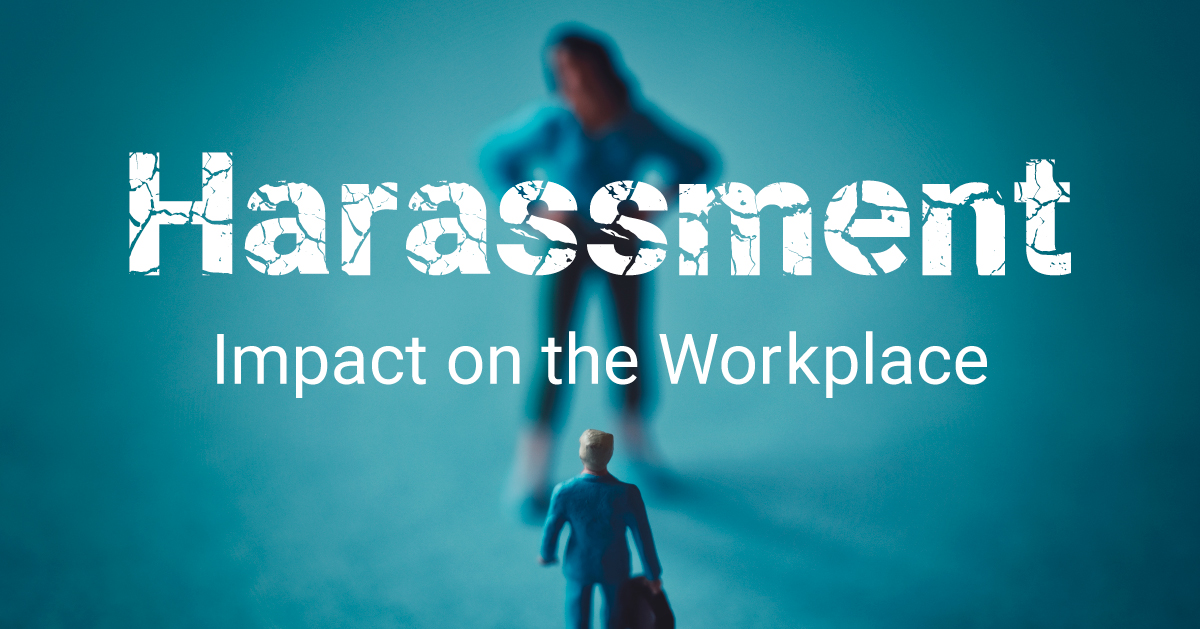List of words that constitute power harassment|How to talk about it and how to make it known in harassment training

Power harassment (power harassment) has become a problem in many companies. It is imperative for companies to take some measures to prevent power harassment.
However, since the perception of power harassment differs from person to person, simply calling for the prevention of power harassment at the discretion of each individual cannot be expected to have a clear effect. It is important for companies to provide a list of NG words and behaviors.
This article will provide a list of specific terms that constitute power harassment and how to make them known internally through harassment training.
Contents
- 01Speak in a manner that constitutes power harassment
- Speak up in an intimidating manner
- harass someone persistently
- Scolding in front of others
- Make aggressive phone calls or emails
- 02List of Words that are Power Harassment Words to Be Aware of
- Words that threaten the other party
- Words that insult the other party
- cruel and abusive language
Speak in a manner that constitutes power harassment

In order to correct power harassment, it is first necessary to understand what kind of speech and behavior constitutes power harassment. Below is an explanation of the types of speech that may constitute power harassment that may occur in the normal course of business.
Speak up in an intimidating manner
Speaking in an intimidating manner constitutes power harassment. Specific examples of NG behavior include "raising one's voice," "glaring at the other person," and "hitting things while talking.
If you are using slightly stronger language or attitude to instruct subordinates, review it. These actions are considered to be beyond the scope of instruction required on the job. They may cause your subordinates to feel fear and become deflated.
For whatever reason, it is not advisable to treat subordinates in this manner.
harass someone persistently
Repeatedly harassing someone with malicious intent is also undesirable. Repeatedly repeating offensive words or actions is not acceptable. It is also advisable not to persistently talk about a subordinate's past mistakes.
Subordinates may be driven into a corner by the pain of repeated harassment. There have been a number of cases where subordinates have suffered mental health problems or resigned due to such power harassment.
Scolding in front of others
Scolding in front of others also constitutes power harassment. As an example, scolding or insulting someone in front of co-workers is not considered harassment. It is also considered to be wrong to leave a person standing in front of others for an extended period of time.
Although scolding is a part of instruction, it is counterproductive to instill stress and fear in subordinates. It also has the disadvantage of not giving a good impression to other subordinates who are watching the situation, leading to a deterioration of the workplace atmosphere.
Make aggressive phone calls or emails
Power harassment can also occur in language used in non-face-to-face communication, such as telephone calls and e-mails.
Examples of NG are verbally abusive behavior over the phone or persistent offensive e-mails. Be aware of cases where reprimands are sent to multiple people in an e-mail to make an example of them.
Back to ContentsList of Words that are Power Harassment Words to Be Aware of

It is important to remember specific words that constitute power harassment so that you do not become an unintentional perpetrator of power harassment. In addition, to correct power harassment within the company, specific examples of power harassment language should be made known to all employees.
Below is a list of words that constitute power harassment by genre that you should be aware of.
Words that threaten the other party
Words that imply harm and frighten others are considered power harassment. The following are examples of such language.
- I'm gonna fire you.
- Can I be removed from the project?
- I'm not going to let you get a full-time job with these grades.
- Don't expect your contract to be renewed next time.
- If you want to quit your job, you have to pay Fatty.
- I won't let you use my paid time off.
Throwing such words at the victim can make him or her feel unsafe in his or her position within the company and in danger of being killed.
If you wield power and threaten your subordinates, you cannot expect to build a good relationship of trust. There is a possibility that the subordinate will claim damages for the threat.
Words that insult the other party
Words that denigrate the personality of the other person fall under the category of power harassment without exception. The following are examples of NG language.
- salary theft
- deadhead
- They work less than new hires.
- We should have hired better people.
- You're causing trouble for all of us.
- I've never seen anyone so incapable of doing his job.
- You can't do it anyway.
Even if the purpose is to instruct a subordinate, there is clearly no justification for choosing these words. In some cases, they may be libelous or insulting.
In addition, words that discriminate against a person's sexual orientation, gender identity, or nationality are considered power harassment. As an example, words such as "Don't you understand Japanese?" should not be used.
In recent years, sensitivity to such slander has especially increased worldwide. Even if the speaker intends it as a trivial joke, it can turn out to be a big problem, so caution is required.
cruel and abusive language
Swearing or abusive language that is inappropriate for the workplace constitutes power harassment. Similarly, language that disparages physical characteristics is also not acceptable. The following expressions should generally not be used.
- idiot
- fool
- out of it (from)
- chubby
- ugly
- old man
- old maid (undesirable card in the card game of the same name)
- leeway
- inefficiency
- gross
Even if the perpetrator intends it to be a joke, if the victim feels mental distress or discomfort, it may be recognized as power harassment.
Back to ContentsHow do I make the list of words that constitute power harassment known in my company?

Harassment training is a good way to prevent power harassment in your company. It is also possible to disseminate a list of power harassment terms that should not be used. Below, we will explain the features of harassment training and the in-house production of harassment training.
Harassment Training Features
Harassment training is a training program designed to prevent harassment within a company, including power harassment, sexual harassment, and moral harassment. Participants learn basic knowledge of harassment, how to deal with harassment at the consultation counter, and how to create a workplace environment for prevention.
Harassment can occur at all levels. Therefore, it is important to have employees at a wide range of levels take harassment training, not just those in management positions. By having the entire company participate in harassment training, it will be easier to create a culture in which harassment is less likely to occur.
Benefits of In-House Harassment Training
Harassment training can be conducted using outside services or in-house.
The ability to create unique training content suited to your company's operations is a typical benefit of bringing harassment training in-house. A list of words that constitute power harassment can be presented and disseminated internally. Another advantage is the ease of reviewing and brushing up training content.
There are a variety of ways to bring harassment training in-house, and a typical method is to use an e-learning system. E-learning is also ideal for remote workers, as it allows them to study from anywhere.
Back to ContentsLet's prevent the damage of power harassment by making the list of words that constitute power harassment known to the public.
In some cases of power harassment, the perpetrator is aware that he or she was "giving guidance necessary for work" or "making a little joke. However, these often develop into serious power harassment cases.
To prevent power harassment, it is important for companies to provide a list of NGs, rather than leaving it up to each employee to decide. Define within the company the words that constitute power harassment by manner of speaking and by genre.
In this case, it is not only managers who need to be informed. We need to spread the word to all levels of management and make a company-wide effort to prevent power harassment.
For in-house elearning courses, learningBOX will help you effectively.
learningBOX is a cloud-based elearning platform
and you can easily build training courses online.
Created content will be delivered to employees and you can track their learning progress.
In addition to the flexible content creation, personalized learning will boost each employee's understanding and knowledge by customizable settings.
There will be something you can do to improve your work environment.
▼You may also like:
Back to Contents Back to Article List


















